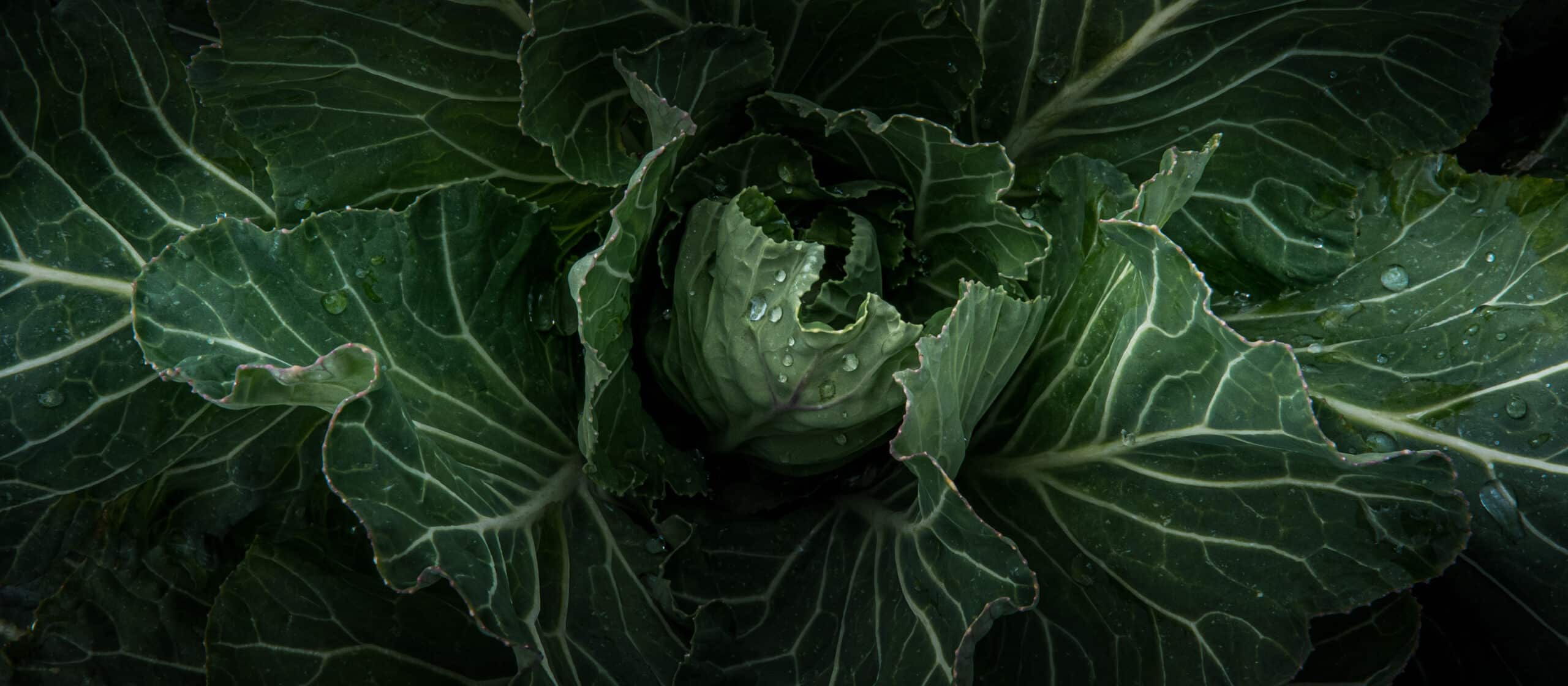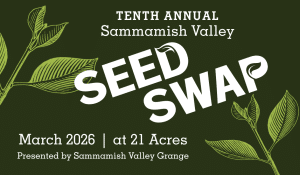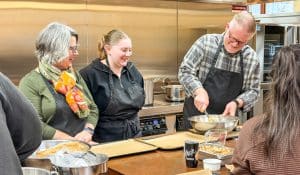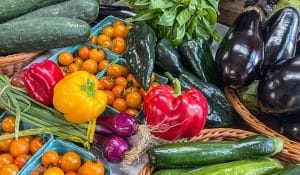
Nutritionist Pantry — Word of Intention
Nutritionist Pantry — Word of Intention
- posted on: December 31, 2015
- posted by: 21 Acres
"*" indicates required fields

“I’m gonna make a change, for once in my life. It’s gonna feel real good, gonna make a difference, gonna make it right.” Michael Jackson, Man in the Mirror
With New Years just around the corner, I often reflect back on what I’ve learned, where I’ve been, and who I’ve had the pleasure of meeting over the last year. I then start to think about where I’d like to go, what I’d like to learn, and who I’d like to meet in the coming New Year. This concept of making a change, setting a resolution, making an intention is familiar to many of you I’m sure. As a nutritionist dietitian I often receive comments from clients or acquaintances in regards to what they’re going to give up (food-wise) or how much more time they’re going to spend at the gym. These common “New Year’s Resolutions” are of-course well intended, but what if the resolution was a little less self-punishing and a little more self-promoting or better yet more beneficial for the larger community?
A colleague of mine mentioned that she often has clients pick a word to focus on for the up-coming year. As the months progress they work together to set obtainable goals based on this one word and more specifically how it’s meaning can be incorporated throughout the client’s life. I think this is a marvelous idea to promote personal growth. Considering the recent results from the Summit on Climate Change in Paris, it seems appropriate, if not necessary, that I choose the word waste or rather waste less as my word(s) for 2016. While I can see incorporating this word into many aspects of my life, perhaps the most immediate context is in my professional life with food and sustainability.
When we focus on reducing food waste we are in fact also reducing waste of a myriad of natural resources. Let’s take a look at some motivating statistics. In 2013 a report published by the World Resources Institute, estimates that one out of the every four calories from food grown for humans in the world is wasted. In the United States, 40 % of total grocery purchases, (every food item that goes onto the check out conveyer belt) is thrown away – nearly 20 pounds of food waste per person, per month! Sadly these numbers are not accounting for food that ends up as compost, but rather food going out with the trash. These numbers are appalling considering one in six Americans lives in a food-insecure household.
Intuitively we know that food is grown, but unless we’ve had an intimate relationship in growing our own food we can easily forget all the resources that contribute to bringing the food to our tables. Conventional food production requires an astronomical amount of energy, agricultural chemicals, and water. Not to mention the amount of fossil fuels it takes to get that food to our plates. The food on the average American dinner plate has traveled approximately 1500 miles from farm to plate. When we waste food, we’re also wasting all the labor and natural resources that went into producing it. Considering the recent drought conditions in both the Pacific Northwest and California, it seems unwise for farmers to be pumping water into food that is destine for the landfill. Let’s take a closer look. For example, when you take a bite from an apple and toss the rest, you’re also throwing out the 17 gallons of water it took to grow it, the people power it took to pick and pack it, and the fuel cost it took to deliver it to your nearby grocer or farmers market. Clearly it’s time to make a change and adjust our focus.
As I set my 2016 intentions to focus around the word waste, I start brainstorming and learning about all the ways I can reduce my food waste and support others in doing the same. The kitchen staff at 21 Acres is an invaluable resource as are the culinary education classes available here as well. No scrap of food is left un-purposed — provided it meets food safety standards. Just a few examples include: Drying and grinding carrots tops and winter squash skins to boost the flavor and nutrition of future winter dishes when the colors of green and orange become harder to come by; Making vegetable- and meat-based stocks out of produce scrapes and bones; and Fermenting apple cores and peels to create the starter base for our famous homemade apple sour bread. In our Farm Market you have the opportunity to shop in bulk for beans, grains, flours, and eggs, which allows you to buy exactly what you need for that particular recipe or meal. Our market also sells bumped, bruised, and full-of-flavor seasonal fruits at reduced prices. These tasty finds are excellent for pies, sauces, and stuffings. Our sustainable growing education programs as well as our youth education programs teach the how-to’s and whys of composting right in your own home.
New Year’s resolutions, intentions, or words to live by, can all seem daunting challenges come January 2, but I challenge you to keep your momentum especially if your intention is to make improvements in your health and/or the health of your community/environment. At 21 Acres we are humbled by the challenge to support our guests and community partners in making such impactful and necessary changes. We look forward to seeing you at any and all of our up-coming education classes and programs in 2016. Happy New Year!
— Amanda










 back to blog overview
back to blog overview








